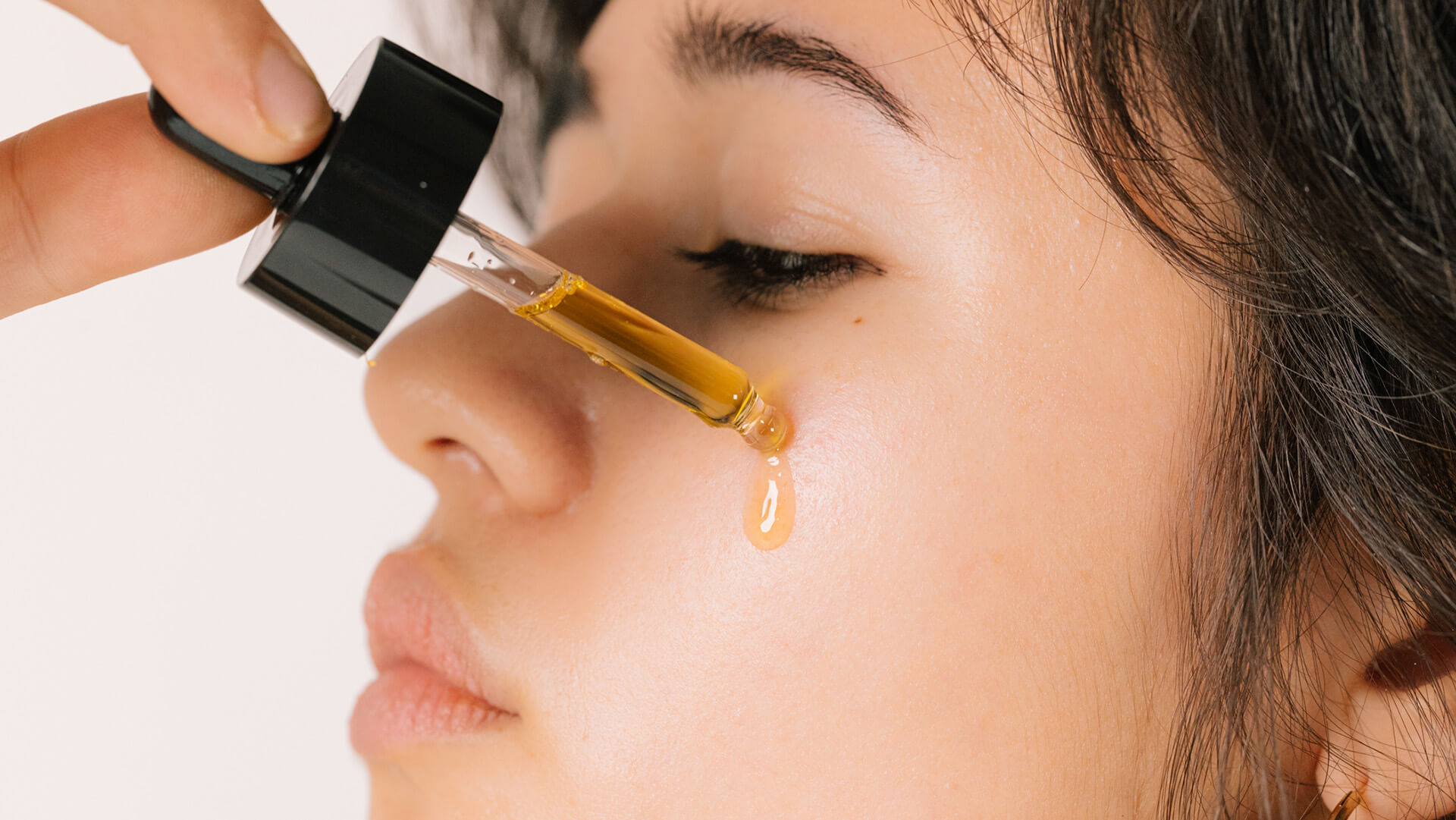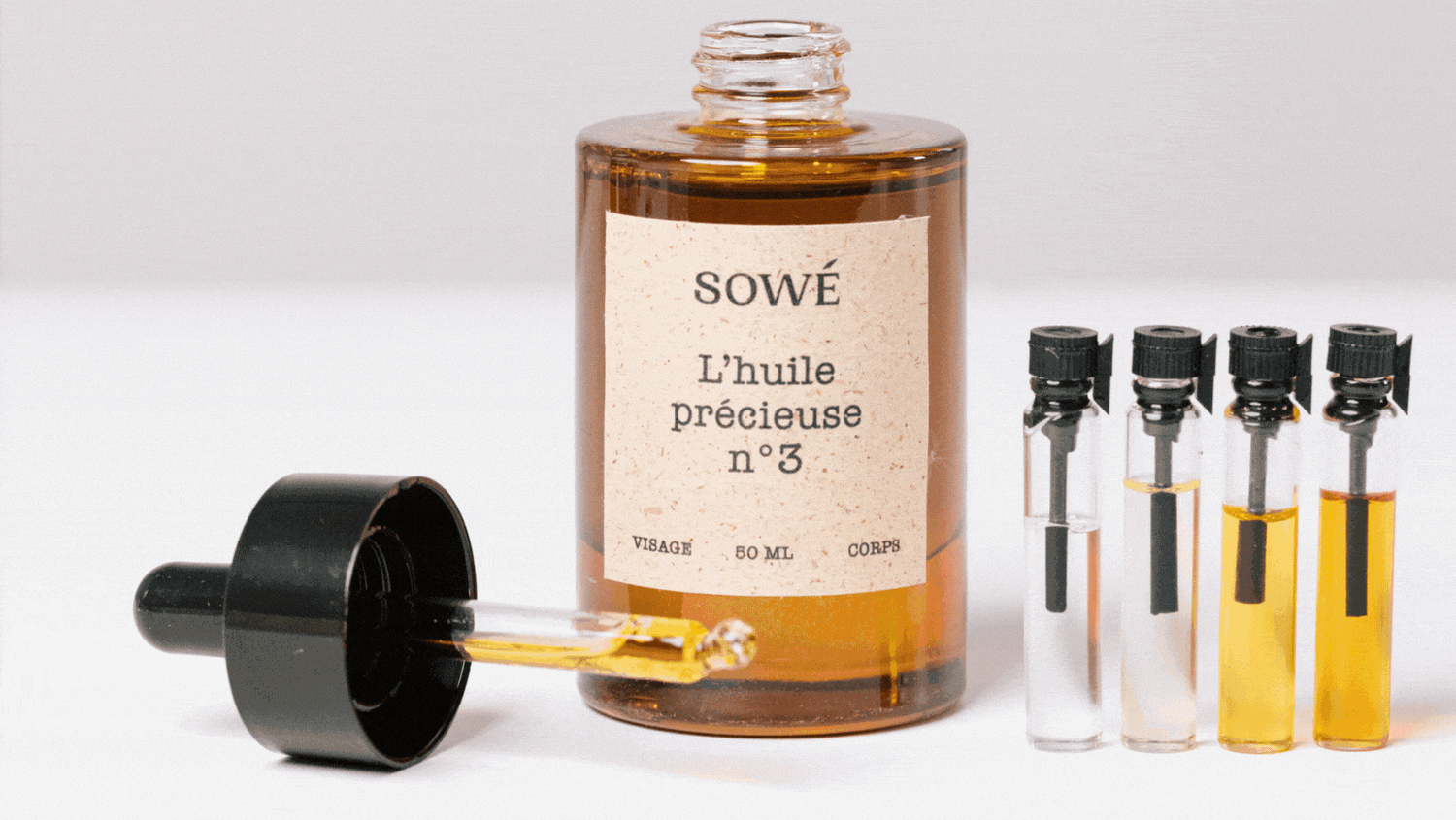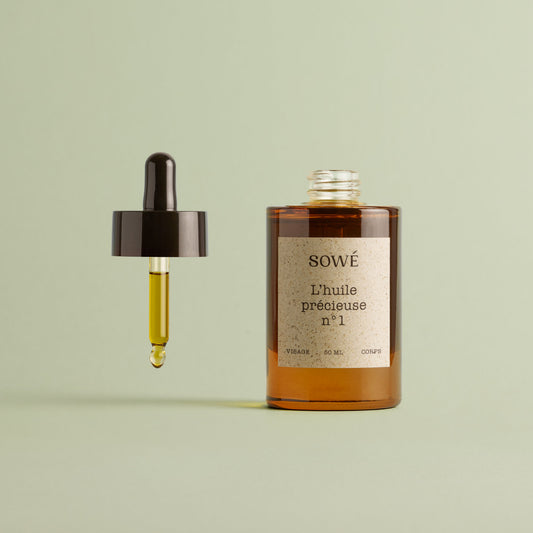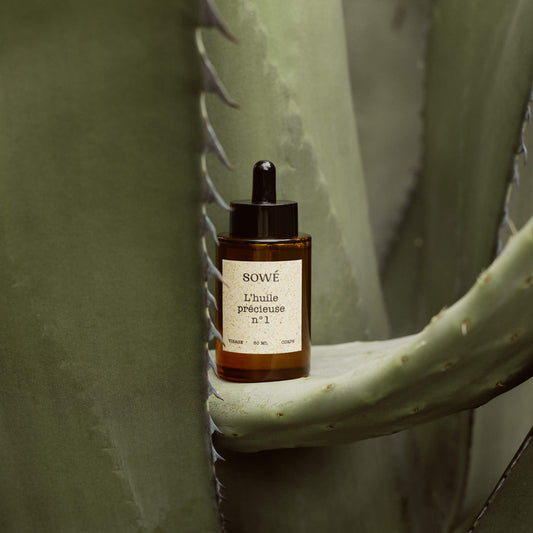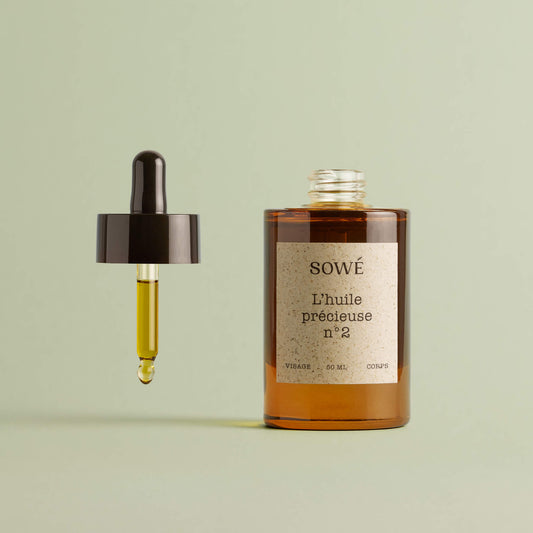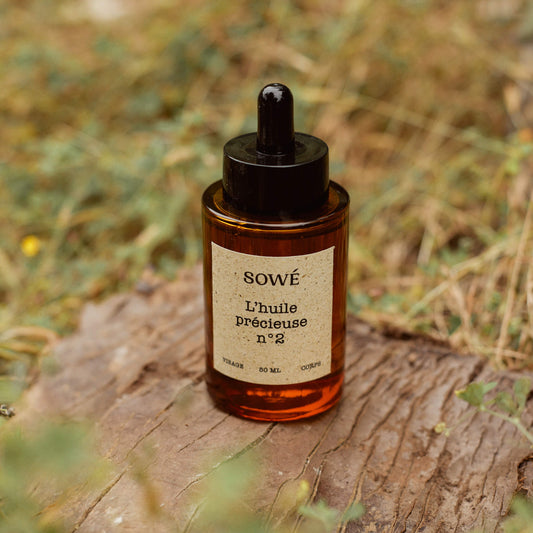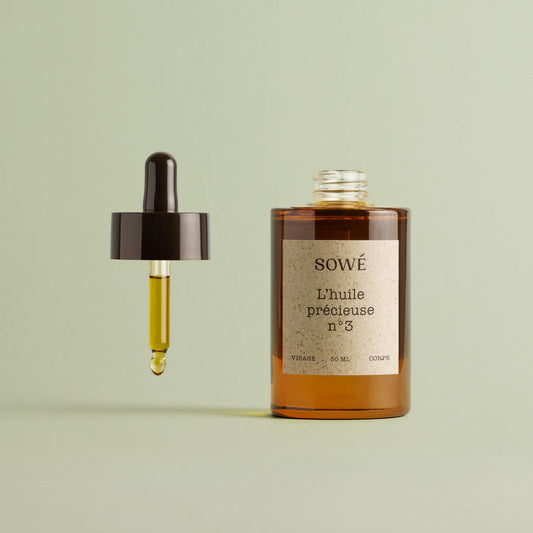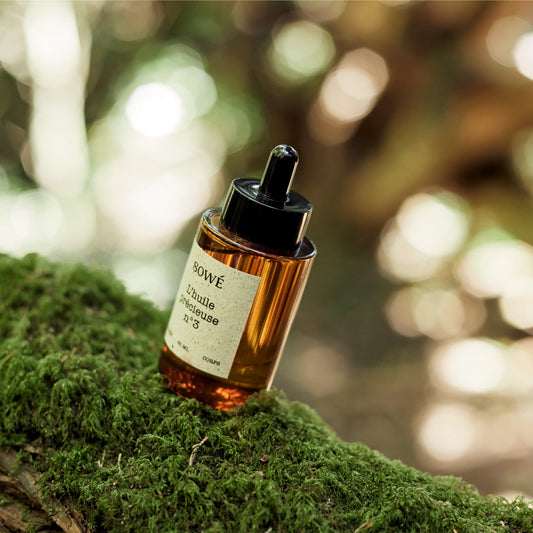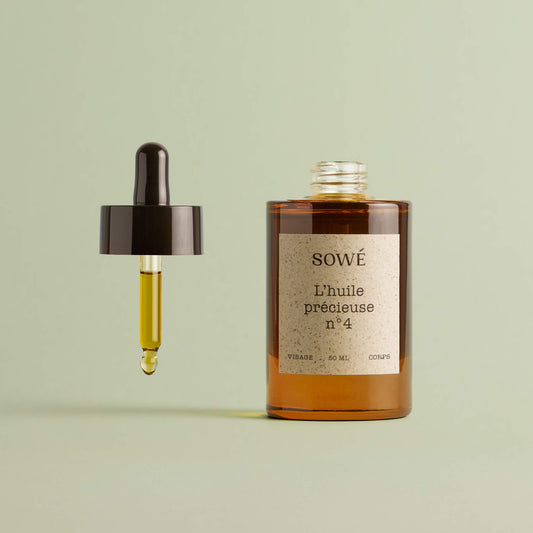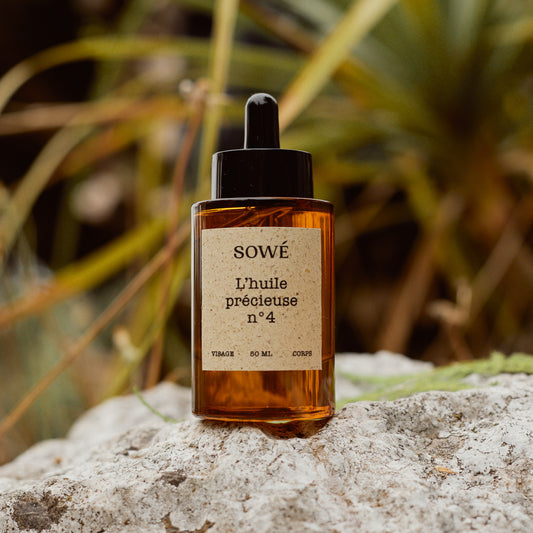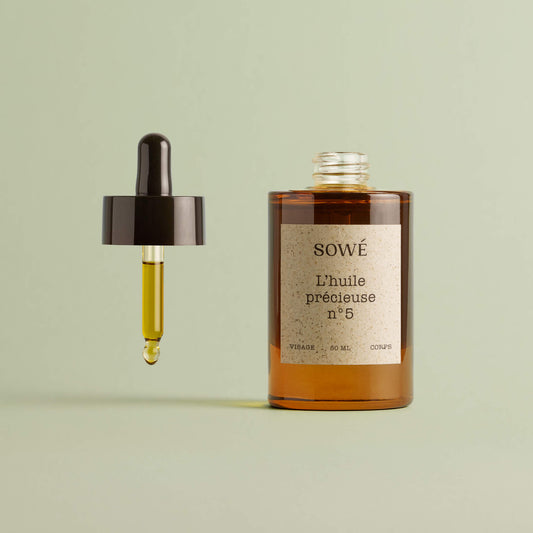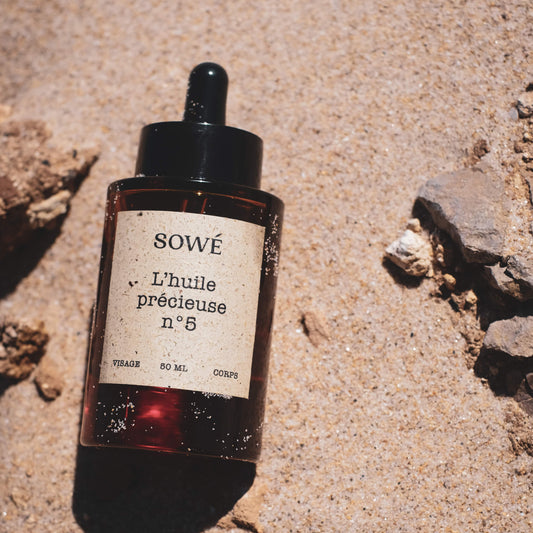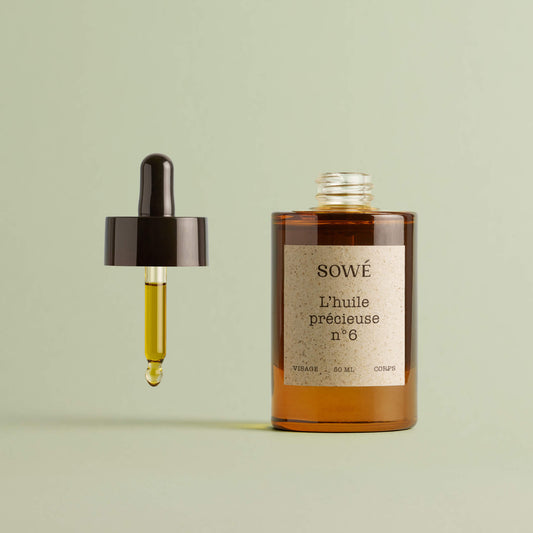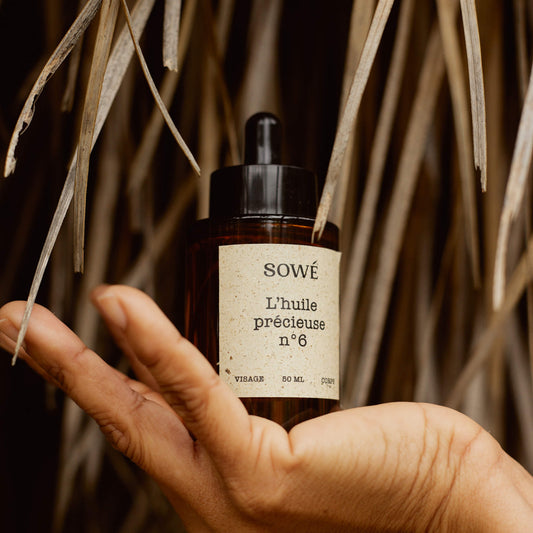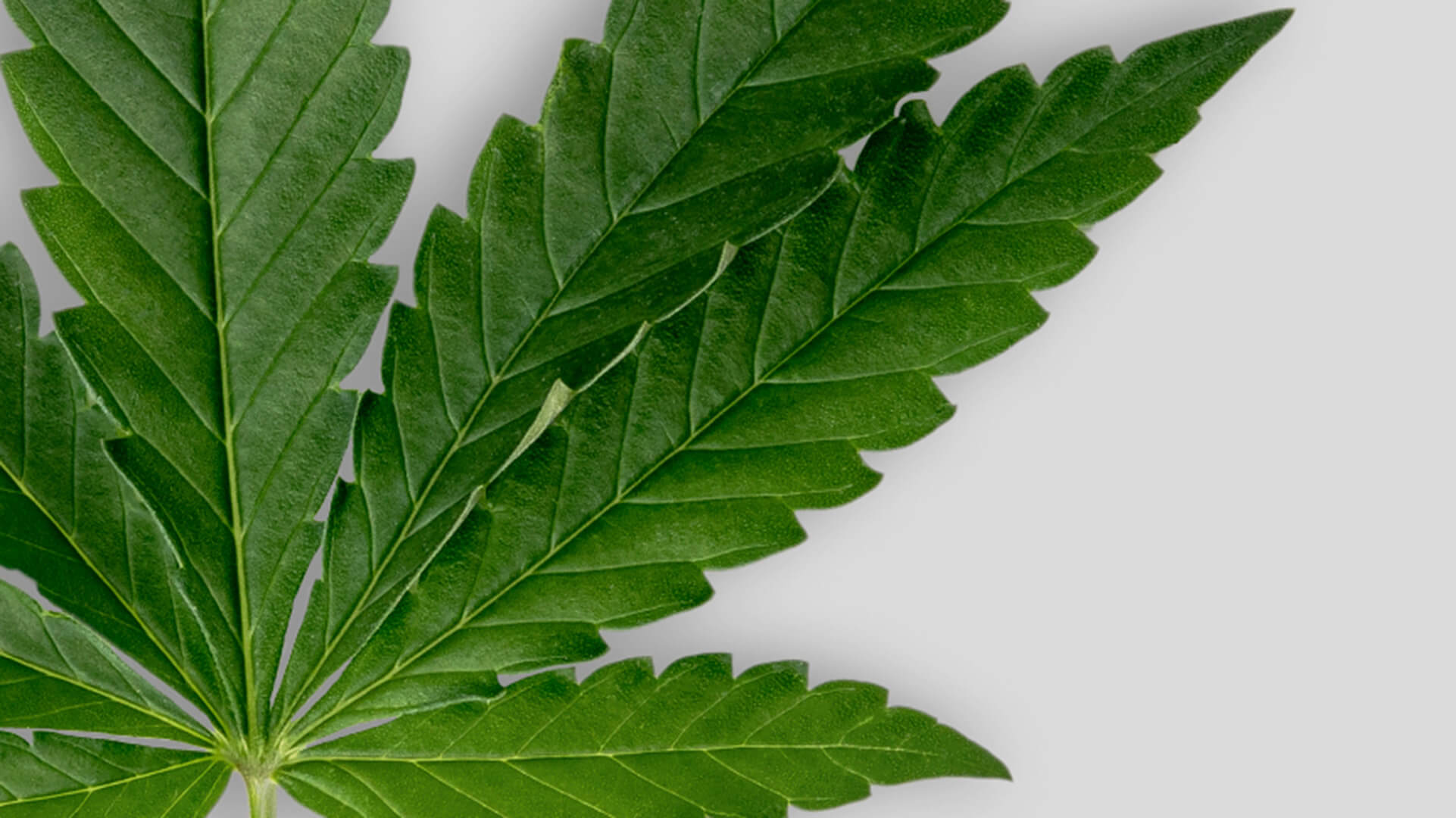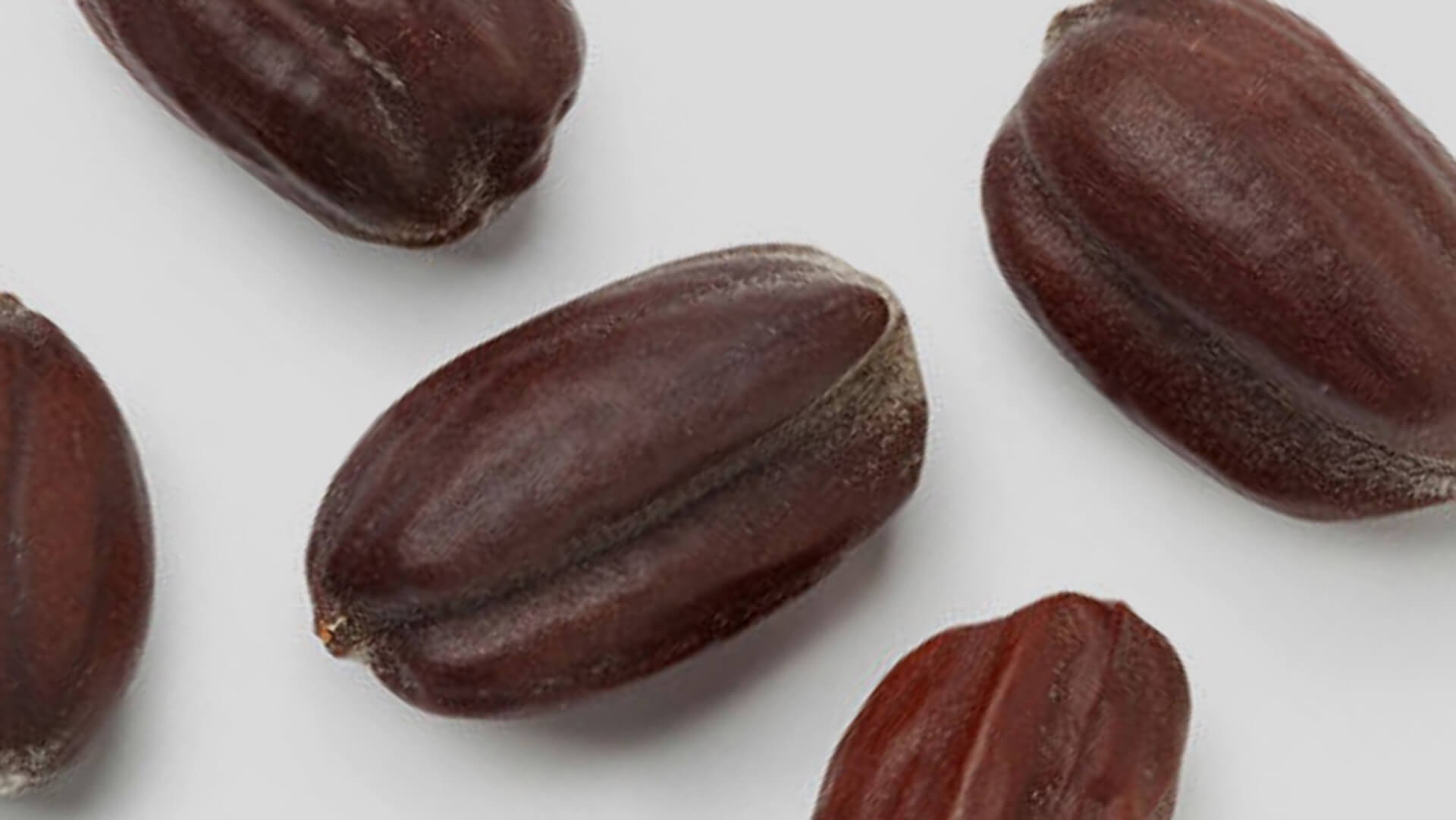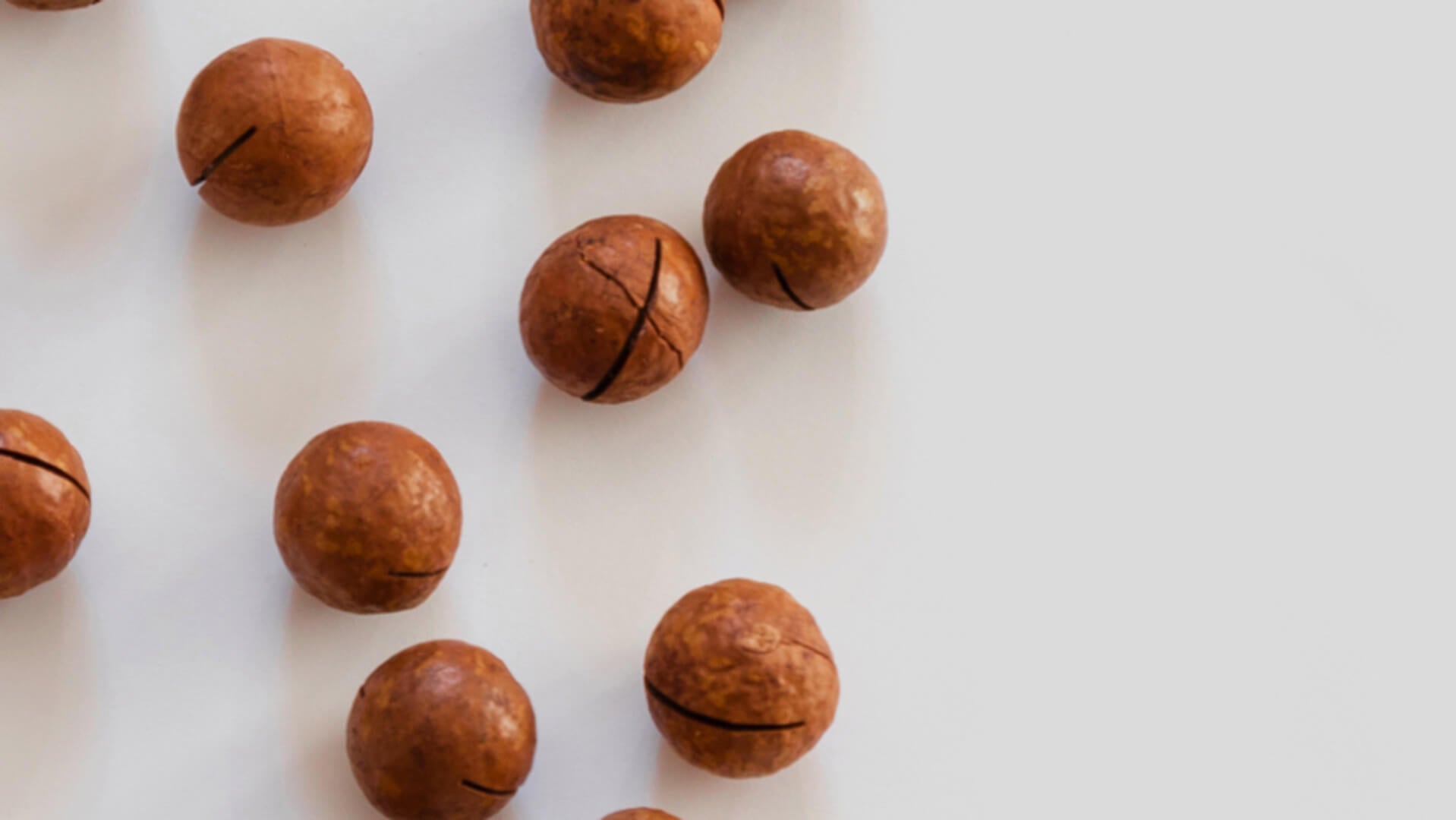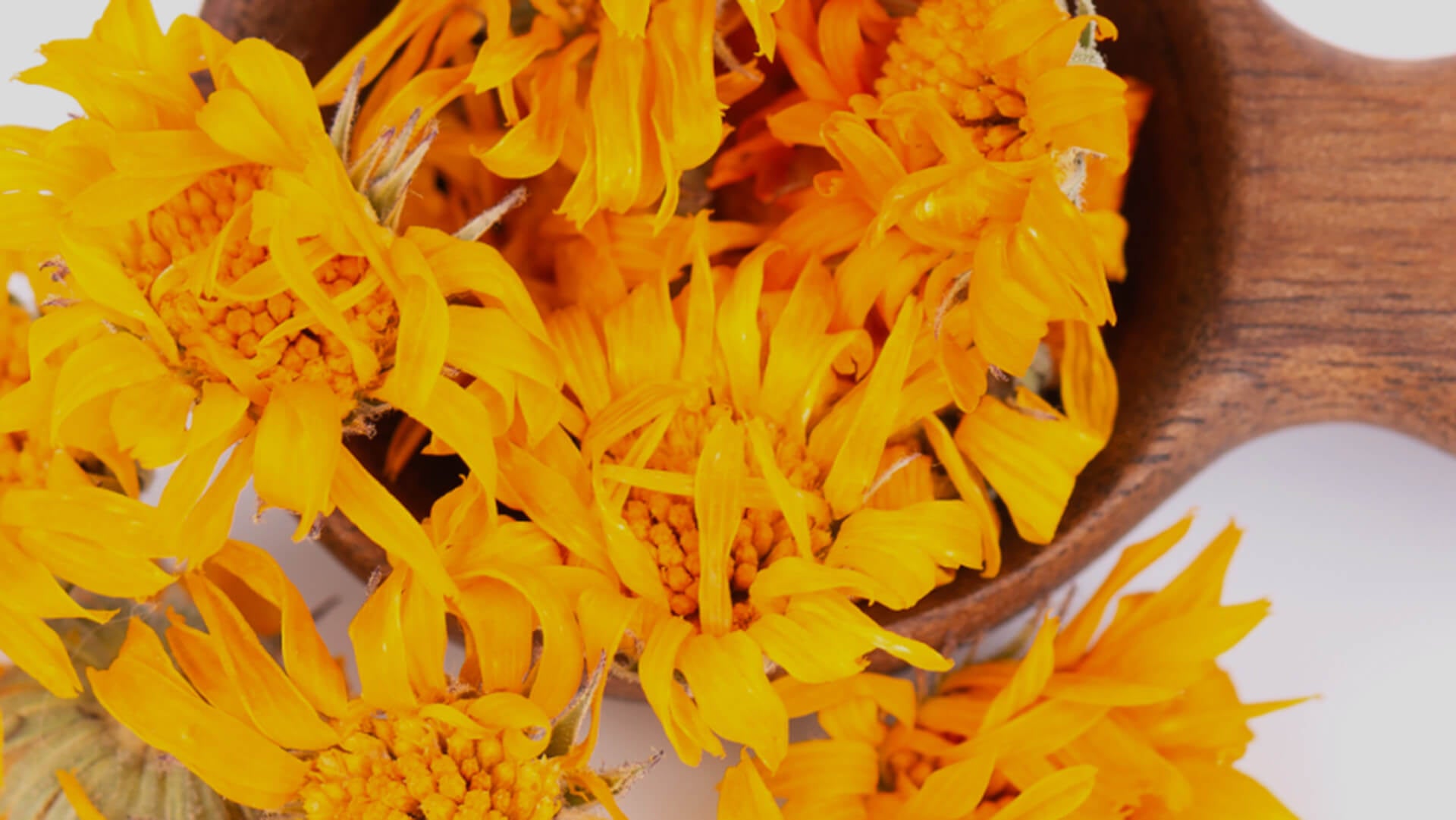Active anti-oxidant
Yes, CBD is considered an anti-ageing active ingredient because, as well as being protective and seboregulating, it is also anti-oxidant. In other words, it helps to combat oxidative stress and therefore the signs of ageing: wrinkles and fine lines.
Originally, hemp as a natural skin care product
The use of natural products is increasingly sought-after because of sustainability and ecology issues, and as a possible way of improving therapeutic results for chronic diseases of the skin or our body.
The legalisation of cannabis in a growing number of countries has paved the way for research into the use of cannabinoids in therapeutic topical or oral formulations.
Cannabinoids, including CBD and CBG, are a diverse class of pharmacologically active compounds produced by the plant Cannabis sativa.
NB: CBD, CBG and other active ingredients used in our formulas are very different from THC. Don't worry, you won't become addicted or dependent on these products.
The endocannabinoid system, regulating homeostasis
Humans have an endocannabinoid system involved in the regulation of several physiological processes, including naturally produced endocannabinoids and proteins involved in their transport, synthesis and degradation.
CBD and the skin: how does it work?
The discovery of a cutaneous endocannabinoid system and its role in maintaining skin homeostasis, as well as its anti-inflammatory action, is now generating a great deal of interest in its use in the treatment of inflammatory skin diseases such as atopic dermatitis, psoriasis and contact dermatitis. CBD, which stands for cannabidiol, is one of the many cannabinoids contained in our miracle ingredient: cannabis.
Cannabidiol also penetrates the skin very well. As it is lipophilic, it can act directly on the endocannabinoid receptors located in the skin.
Choosing Hemp as the main ingredient in our formulas, whether applied internally or externally, means that the SOWÉ brand can rely on a product that is known and recognised for its benefits.
The endocannabinoid system and CBD
To understand the complexity of cannabidiol (CBD), and therefore of hemp, you also need to know that this plant interacts with the human body and the endocannabinoid system (ECS).
This is a regulatory system in mammals that is involved in many essential functions such as sleep and appetite. While the immune and nervous systems are the best known, the endocannabinoid system, otherwise known as the ECS, was discovered 30 years ago.
It plays a crucial role in regulating many of the body's physiological functions, helping it to achieve or maintain balance.
The four main objectives of the ESC include:
- neuroprotection
- recovery from stress
- immune balance
- homeostatic regulation, which enables a living being to maintain physiological balance within its body despite adverse external conditions.
In situations of excessive stress, for example, this system is activated, allowing the body to return to a normal state. If necessary, we produce our own cannabinoids: endocannabinoids.
